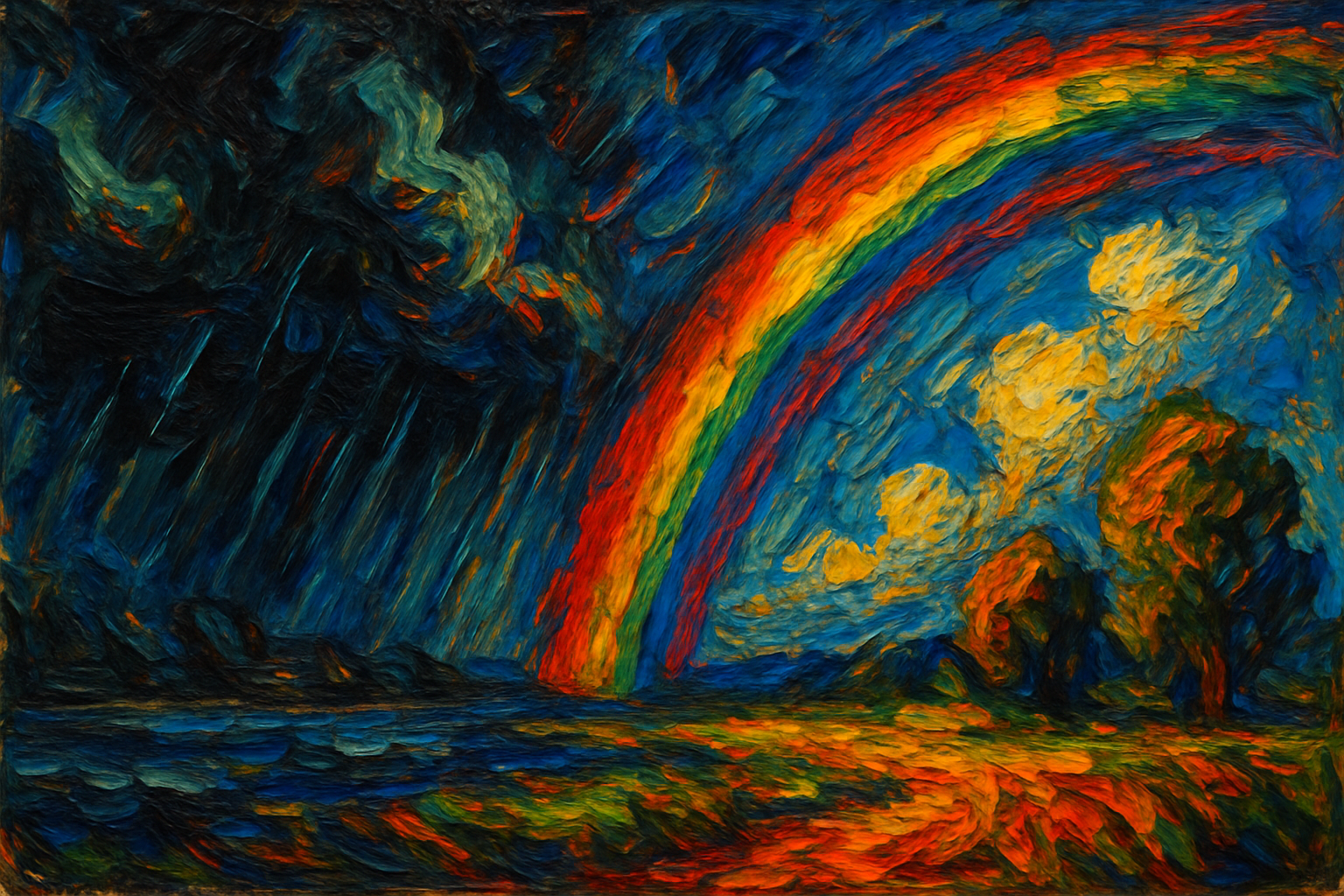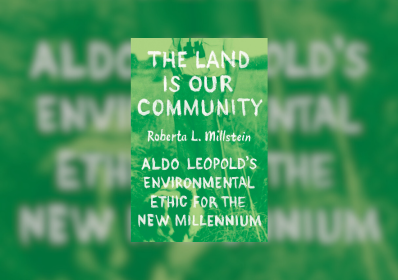
The AI future experts are predicting for us in 2027

The AI future experts are predicting for us in 2027

The “publish or perish” culture pushes researchers to publish papers (regardless of the state of their research) for career survival. Academic jobs are tied to people’s publication records; and although change is happening, it is at a glacial pace. Since the system is gamified in this way, people are tempted to play. And they play to “win”. This leads to many side effects that distort the way science is done.

Musing sabout librarianship - Substack A Home Full of Memories—And a New Door Opening When I first hit “Publish” on Musings About Librarianship on Blogger back in 2009, I was a wet behind the ears librarian nervously sharing half-baked thoughts. I never imagined that my tiny blogger corner would grow into a gathering place for thousands of curious colleagues around the world.

Julia Pelletier, Aja Watkins &
por Valentina Tovar Mota Áurea Maya Alcántara, Ópera y gastos secretos. Su producción en México en la primera mitad del siglo XIX, México, Ediciones de Educación y Cultura, 2023. El libro de la historiadora Áurea Maya, Ópera y gastos secretos.

The DataCite metadata schema continues to improve, increasing the number of resource types that can be described, the number of relations between resources, and the number of identifiers. Together these improvements continue the long-term trend towards more FAIR research resources connected to form a growing global research infrastructure.
Ludus—Ludeme Last month, I mapped a working definition of game (ludus) and ludeme (conceptual units of a game and play) in preparation for an upcoming article on ludemes and programming video games. I went through many of the better known attempts for a definition and asked myself where my own perspective differs and what my approach needs to express.
I could not find the time earlier to report (reason), but three weeks ago we passed the fourth milestone release of the CCZero IUPAC names found in literature collection. This release contains 200026 IUPAC names, 168702 unique names, reflecting 116207 unique InChIKeys. Time for an update of the One Million IUPAC names project.
Last week, the Wikidata and Sister Projects event tooks place. The presentations are recorded, and I strongly encourage you to check the schedule. One presentation I liked (there are more), was the one by Mike Peel with the title “Best practices for reusing Wikidata’s data in the Wikimedia Projects”. At some point he walks us through the {{Cite Q}} template, around 26:07.

I was having a pretty good week last week, until we got to the closing minutes of play. At that point, I learned that Amsterdam University Press (AUP) had been acquired by the for-profit corporate publishing behemoth Taylor & Francis. This is not really a surprise in some ways. AUP had been transformed into a private, for-profit enterprise in 2019.
This week the 13th International Conference on Chemical Structures took place (see also this Scholia overview or this overview of the full ICCS history). This is the conference I first joined 20 years ago as a PhD student presenting a poster (see these past blog posts). Of course, I am actually co-organizer nowadays (actually, co-treasurer). Organizing a meeting with just over 200 participants, and I like to thank Gerard and Willem in